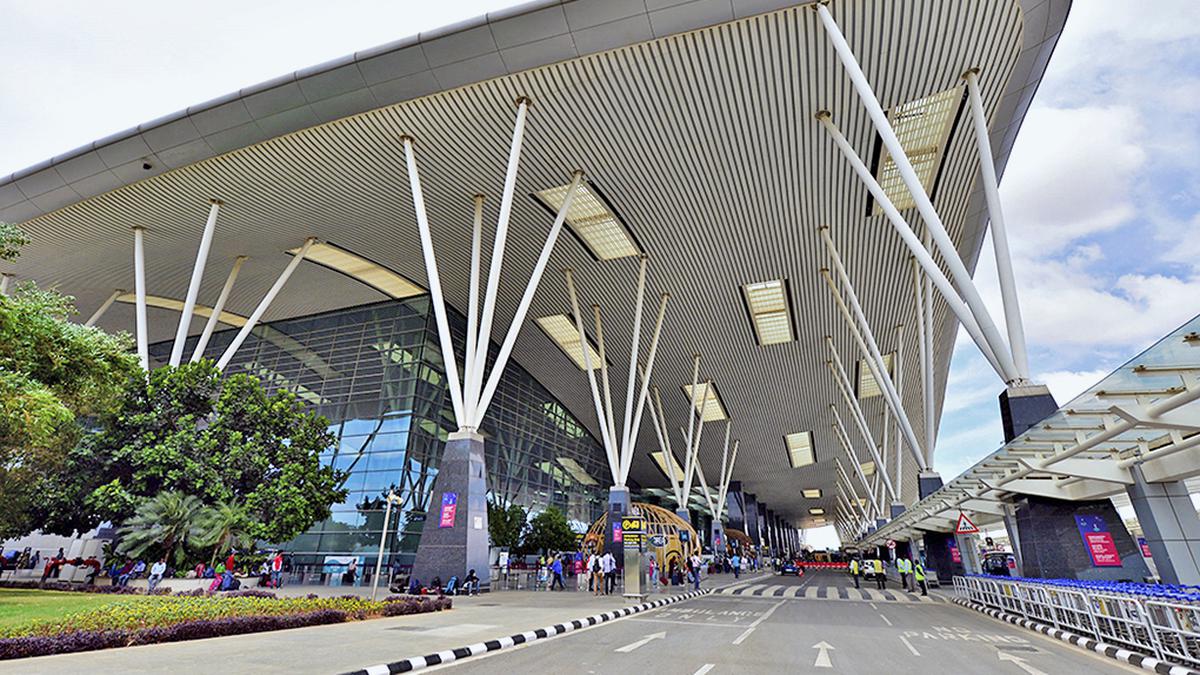
Karnataka Assembly elections 2023 | A fast-changing metropolis stuck in old poll equations
The Hindu
Karnataka Assembly elections 2023 | Karnataka’s capital, which is known as the Silicon Valley of India and is the economic growth engine of the State, has mostly been in the news for all the wrong reasons over the past few years.
Karnataka’s capital, which is known as the Silicon Valley of India and is the economic growth engine of the State, has mostly been in the news for all the wrong reasons over the past few years. Bengaluru hit global headlines in 2022, when most parts of its Information Technology (IT) corridor were flooded, exposing its crumbling civic infrastructure. Coupled with nightmarish traffic and the bad condition of roads, this has led industry icons and ordinary citizens alike to bemoan the erosion of “Brand Bengaluru”.
At the turn of the millennium, between 1995 and 2010, the city was regarded the most happening place, but a sense of fatigue and saturation seems to have set in now. This is evident in how even the State government has adopted a “Beyond Bengaluru” policy to woo investments, though with little success. The capital continues to be the favourite destination for investments in the State, and as a result, the city’s population continues to balloon, stretching its infrastructure and natural resources to their limits.
This situation has generated an intense debate around fixing the civic administration, even as it remains without an elected council for nearly three years now. MLAs — cutting across party lines — have stalled the civic polls till after the Assembly election. While the previous Congress government had proposed splitting the city corporation into at least three, the incumbent Bharatiya Janata Party (BJP) has brought in a new law dedicated to city governance. It retains a single corporation, which the Congress has dubbed a “missed opportunity” to fix ongoing issues.
In the run up to the election, as the Congress tries to put the BJP on the mat over the decay of both the city’s facilities and its brand, the BJP is arguing that it has invested the most in the city’s transport infrastructure, including in its suburban rail system and the Bengaluru-Mysuru Expressway.
Bengaluru, with its 28 constituencies since delimitation in 2008, is the largest district in the State, contributing 12% of the seats in the Assembly, making it crucial for any party seeking to win. While the city has elected only BJP candidates for its three Members of Parliament since 2008, the Congress has been slightly ahead of in Assembly elections, except in 2008 when the BJP won 17 seats and the Congress only 10 seats. However, both in 2013 and 2018, the Congress was ahead of the BJP in the city.
However, as four Bengaluru MLAs — three from the Congress and one from the Janata Dal (Secular) — defected to the BJP under “Operation Kamala” and then won their bypolls in 2019, the BJP’s present tally of 15 seats from the city is higher than Congress’ 12. With these defectors being favourites to win their seats again, the BJP seems to have added to its firepower in the city through lateral entrants.
Ironically, the ever-expanding metropolis has a political character defined by pro-incumbency for its MLAs. As many as 23 out of the 28 MLAs from the city have served for at least two consecutive terms now; seven of them have been elected for at least five consecutive terms.













